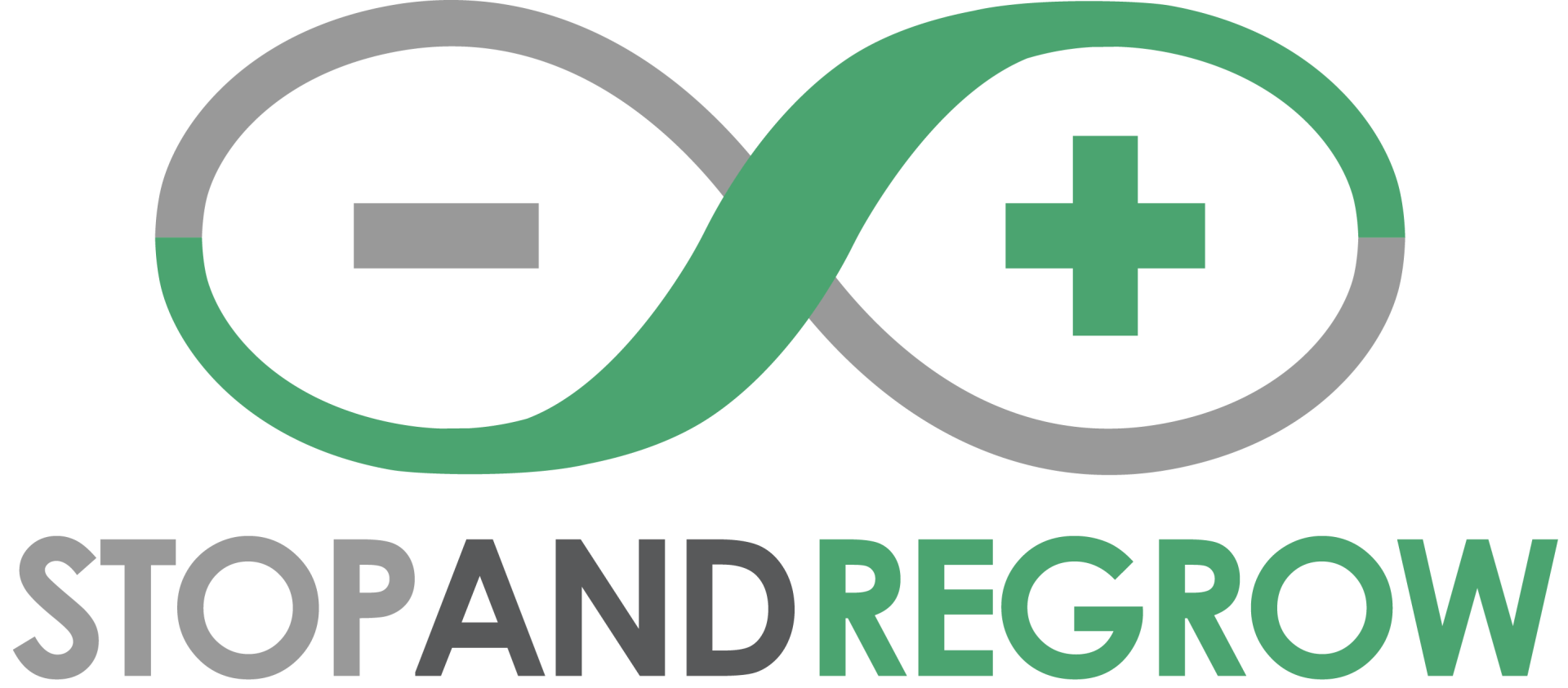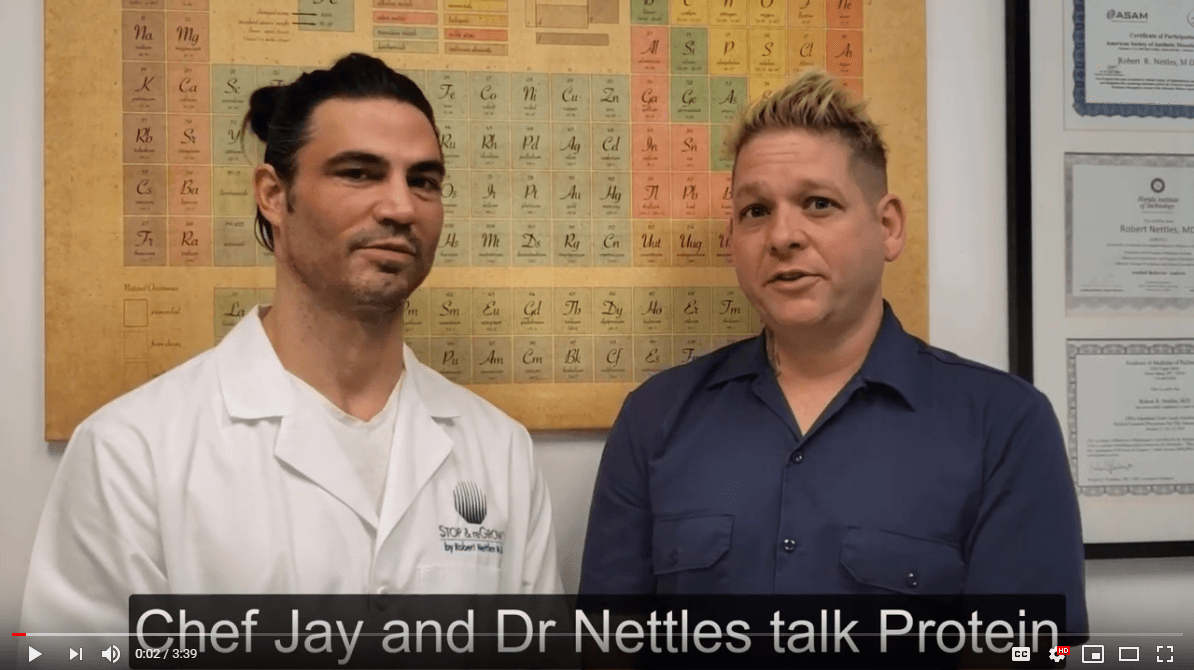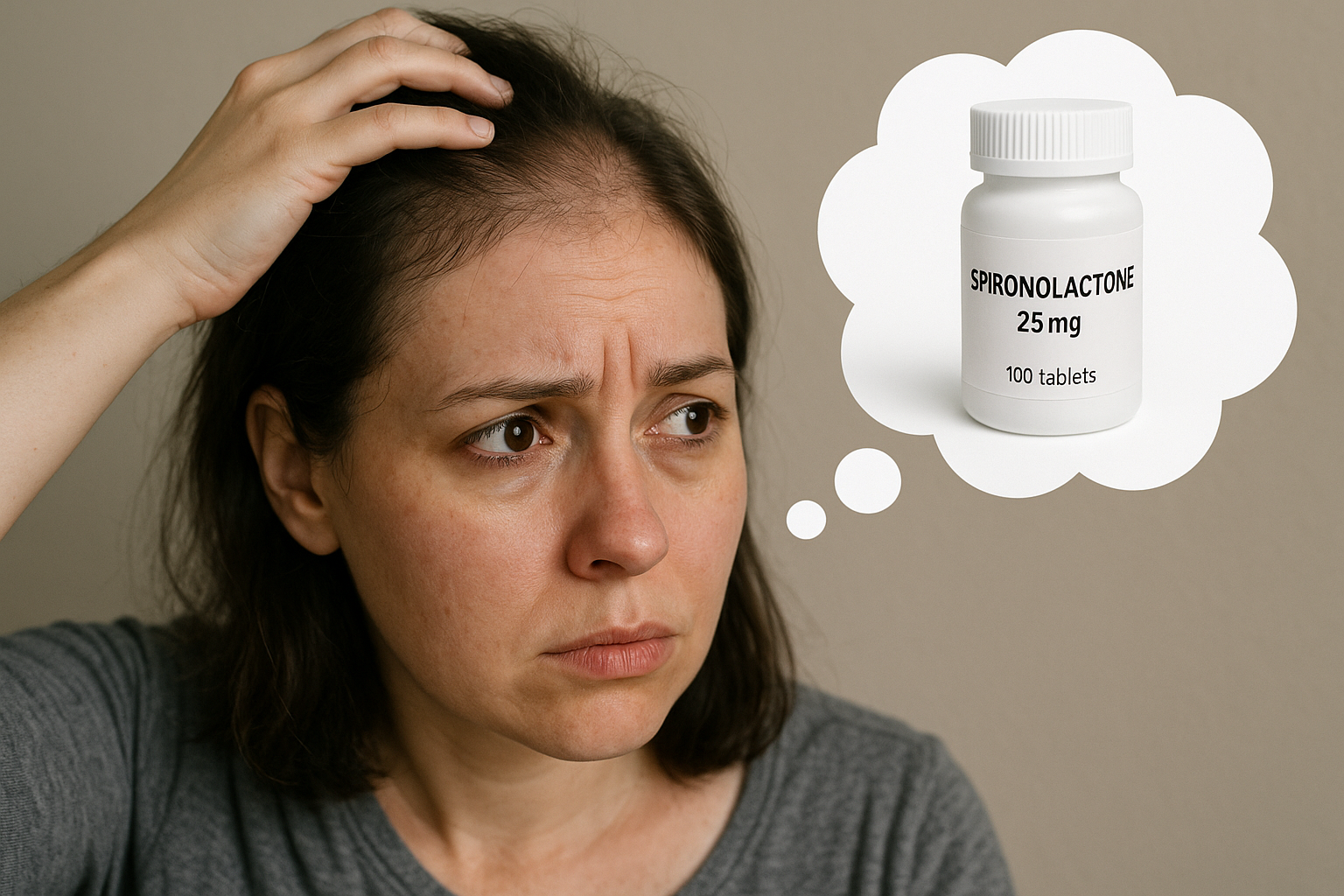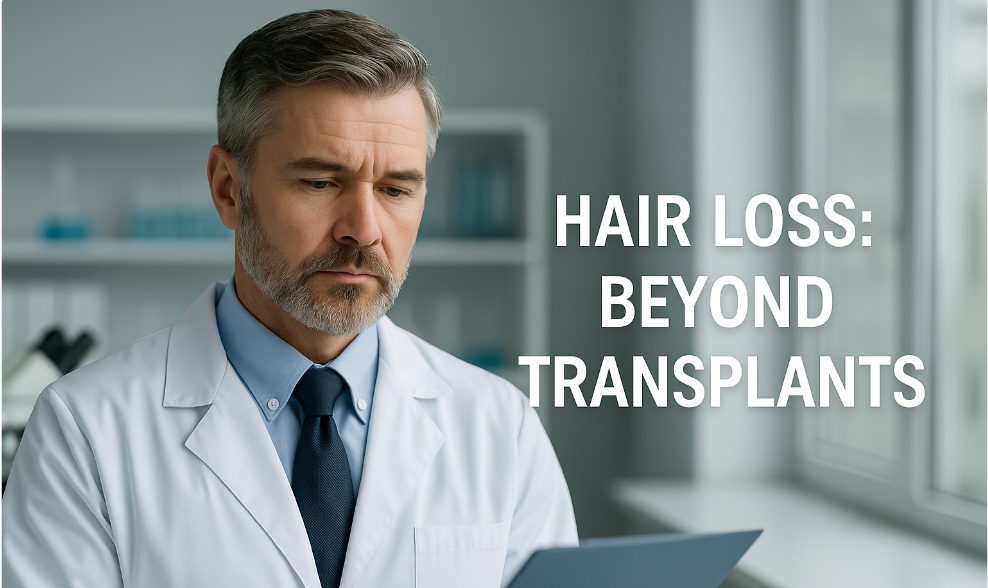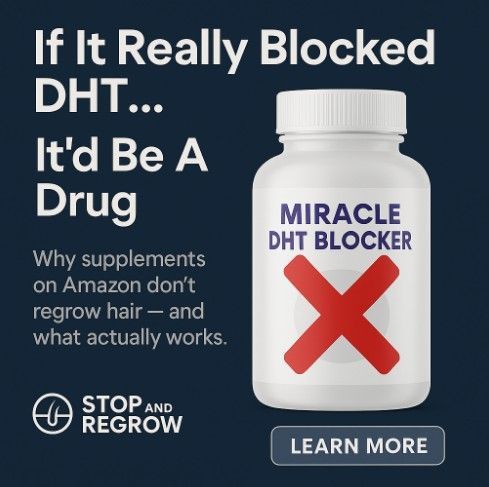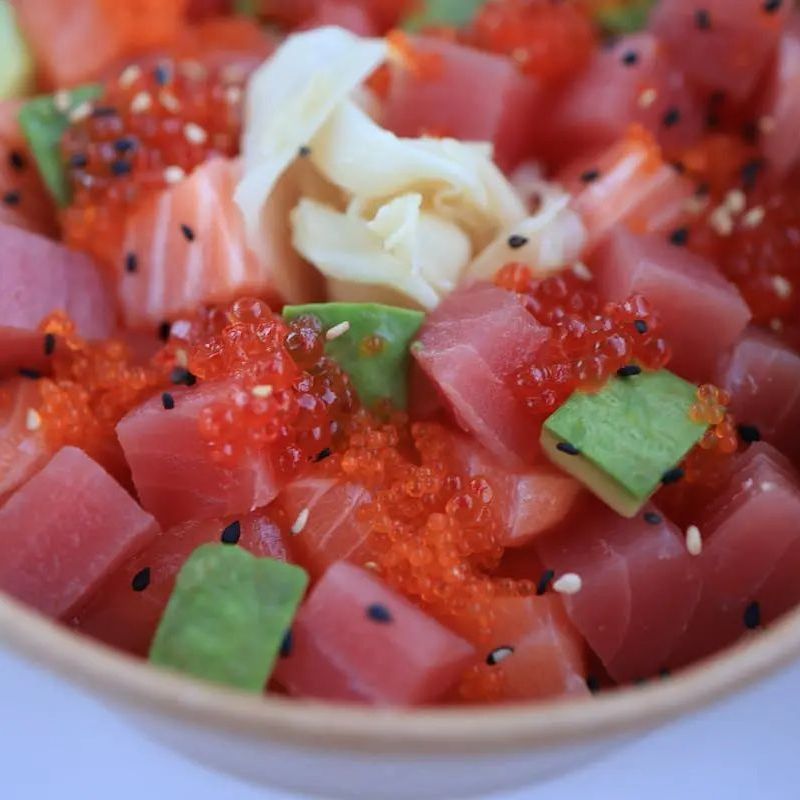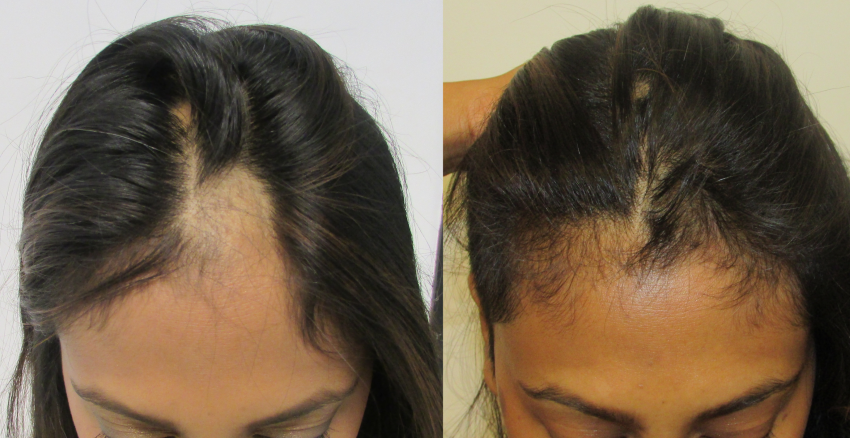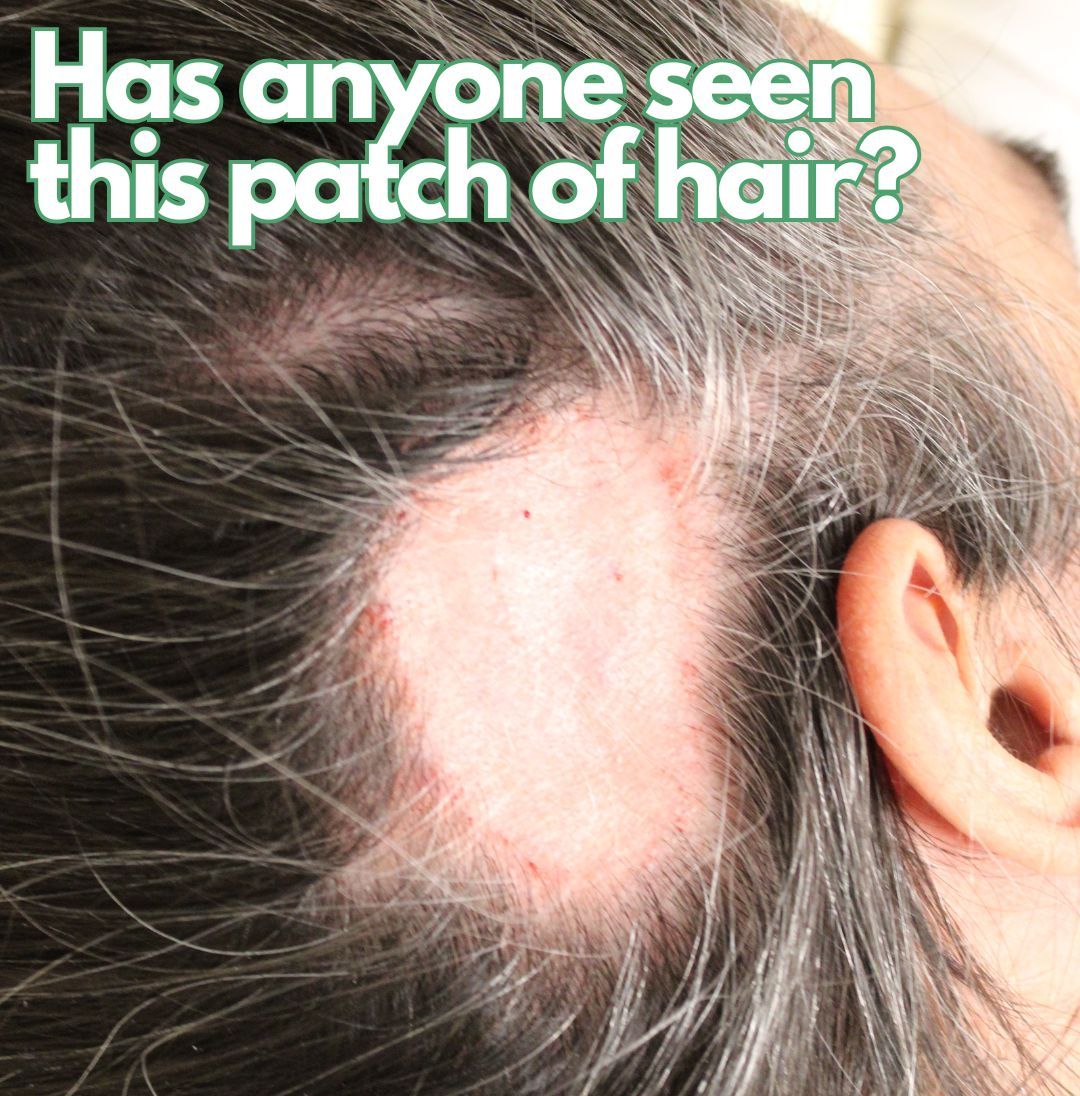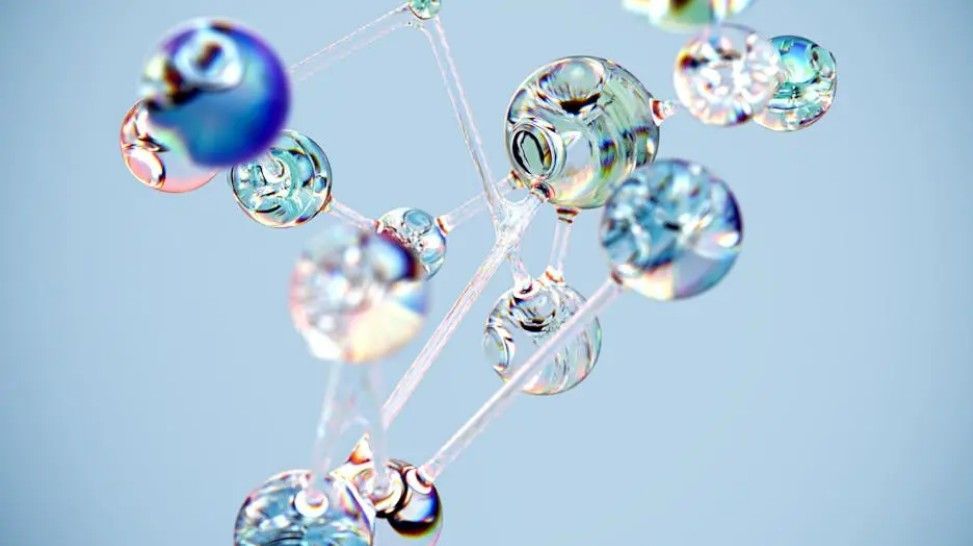Why Is Protein So Important?
Chef Jay Lipnicki Breaks Down Protein
If you’ve been following Stop and Regrow, by now you will know that protein is the single most important thing you can eat. Proteins are the building blocks of all living things. Your hair is made of protein just like mostly everything else in our bodies, ie: our skin (collagen is protein), your muscles (yes – this one we know), all your organs are made of protein, the anti-bodies in your immune system that help us fight infections, the neurotransmitters in our brains that keep our moods stable, that help us think clearly, remember well and come up with billion dollar ideas are also made of protein. Even the enzymes in our bodies that digest our food, that breath for us and that make hormones (among many other functions) are made of protein.
As a chef I was taught to make protein the star of any plate. This makes sense given how important it is to our overall health and well-being. Besides being the most important macro-nutrient, protein food sources also have the highest concentration of the micro-nutrients we need on a daily basis.
So what are proteins made of?
Proteins are made of smaller molecules called amino acids. There are 21 amino acids in total, 9 of which are Essential. An Essential Amino Acid is one that your body cannot make on its own, it has to exist already made in the food you eat. Foods that contain all 9 amino acids are called Complete Proteins. Your body uses complete proteins as the building blocks to build and repair your body.
What are the best sources of protein?
When thinking about protein most people jump immediately to red meat. However, there are many more great protein sources such as fish, chicken, eggs and dairy products. All animal-based proteins are complete proteins.
What about plant-based protein sources?
Yes you can absolutely get complete proteins from plant based sources too. Some examples include Quinoa, Nuts and Kale. Also Tofu, Lentils, Chickpeas and Edamame. Some other plant-based foods contain some of the 9 essential amino acids but not all. Examples of these include peas, beans and rice. We can however make complete proteins by consuming complimentary plant based amino acid sources in the same meal. A good example of this is eating rice and beans together. Alone these don’t contain all 9 essential amino acids, but together they do and your body can then use them to make the proteins it needs. This makes it important for vegans to understand how to combine foods to ensure they get the protein they need enough times per day to maintain ideal health. This is especially important to understand if you are looking at plant based protein powders or supplements. Make sure they have either complimentary plant based proteins in the same product or have added amino acids for a complete protein profile.
How much protein do we need?
Each person’s protein needs will vary based on their goals. But a good rule of thumb is to aim for at least 100 grams of protein per day, more if you are looking to build muscle. The good news is that the Biochemical Report Card
will let you know whether the amount of protein you are currently consuming is sufficient for your body’s needs or whether you need more on a daily basis.
So how does protein digestion and absorption work?
One of the most important things I learned from Dr Nettles that I didn’t learn in culinary school is how protein is digested and absorbed by the body. The small intestine is where enzymes absorb the protein from the food passing through. Each time we eat or drink, its takes 1-3 hours for that food to pass through the small intestine on its way from our stomach to the toilet based on how solid the meal is. Liquids take approximately an hour to pass through while very solid meals up to 3 hours. The small intestine however has a limit on how much can be absorbed during that passage. That limit is 6-10 grams per hour depending on the protein source. Protein shakes and eggs have the highest absorption rates, followed by meats and then plant based sources last.
Now unlike fat and carbohydrates, any protein we don’t absorb on the way through - literally goes down the toilet. This means on average we can only absorb at most 20 grams of protein each time we eat. Given our goal is to take in at least 100 grams per day, it is much better to eat smaller meals on a more frequent basis. Ideally 20 grams of protein every 2-3 hours. This makes sense when you think about it. Hair doesn’t grow and our muscles don’t replace themselves only at certain times of the day.
But if I eat 6 times per day won’t I put on weight?
Only if your portion sizes are too large. The trick is not to eat more in total but to eat more often. A general rule of thumb to use is to not eat more than the size of your clenched fist at any one time.
I heard that it's not good for you to eat too much protein
The first thing you will realize from the information above is that due to the limit on protein absorption by the small intestine, its not even possible to eat too much protein. Anything more than our small intestine can absorb simply goes down the toilet - literally.
So how much of particular foods will give me 20 grams of protein?
While this list is not exact, it will give you a general guide for how much of common foods to consume with each meal. As you’ll see from the below table, its actually less than you think. And yes, restaurant portion sizes are in general way too large. My tip – only eat half your meal in the restaurant and take the other half home to enjoy a couple of hours later for maximum protein absorption.
| Food Source | 20g Protein |
|---|---|
| Meat | 4 oz |
| Fish | 4 oz |
| Chicken | 4 oz |
| Nuts | 2/3 Cup |
| Greek Yoghurt | 1 Cup or 200 grams |
| Cottage Cheese | 1/2 Cup or 100 grams |
| Soybeans | 2/3 Cup |
| Lentils/Dahls | 1 1/3 Cup |
| Milk | 2 Cups |
| Whey Protein Powder | ~1 Scoop (per directions) |
| Eggs | 3 Eggs |
If you’d like to join me on this journey, Stop and Regrow offers a complimentary phone consultation to provide more information about their process and answer any questions you might have. You can call on (310) 601-4778 or book online here.
You can follow my Stop and Regrow journey
along with others online here.
